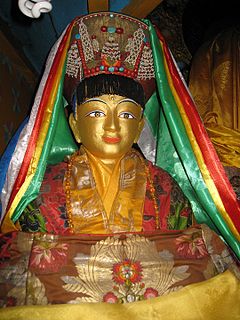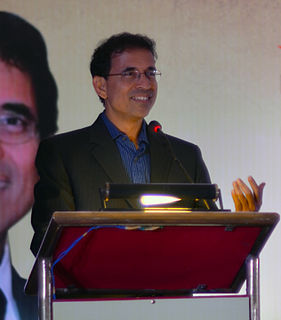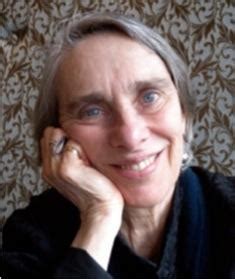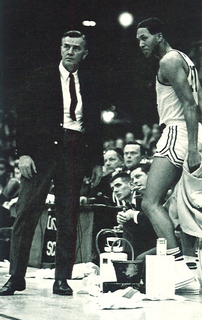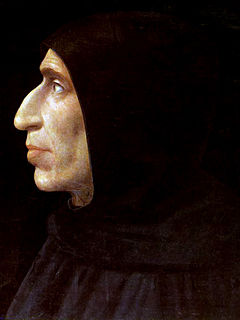A Quote by Gary Shteyngart
I don't have many possessions, apart from my books.
Quote Topics
Related Quotes
Material possessions, in themselves, are good. We would not survive for long without money, clothing and shelter. We must eat in order to stay alive. Yet if we are greedy, if we refuse to share what we have with the hungry and the poor, then we make our possessions into a false god. How many voices in our materialist society tell us that happiness is to be found by acquiring as many possessions and luxuries as we can! But this is to make possessions into a false god. Instead of bringing life, they bring death.
You lose so many material possessions being on the road. You can't get too attached to stuff and you have to remember that people must never become possessions. People are spheres intersecting. You have to make sure that one sphere doesn't ever take over the other. Individuality is absolutely the most important thing
Like any other person who reads a ton of books, I hate many, many books. Oh, how I hate them. I have performed dramatic readings of the books I hate. I have little hate summaries. I have hate impressions. I can act out, scene by hateful scene, some of these books. I can perform silent hate charades.
No matter how many possessions we acquire, they will not provide us with any lasting happiness and freedom. On the contrary, it is often our pursuit of material possessions that causes our problems. If we want ultimate happiness and freedom from suffering, we must engage in the supreme practices of training the mind. There is no other way.
In evaluating the way in which ball possessions are gained during the course of a game, we find that 60 to 80 percent of the possessions are gained by rebounding and after an opponent's score. Twenty percent come from opponents's error, and only 5 percent of the possessions come from steals and interceptions. A study of the way ball possessions are gained makes it seem highly impractical to base pressure defense on interceptions and steals.



